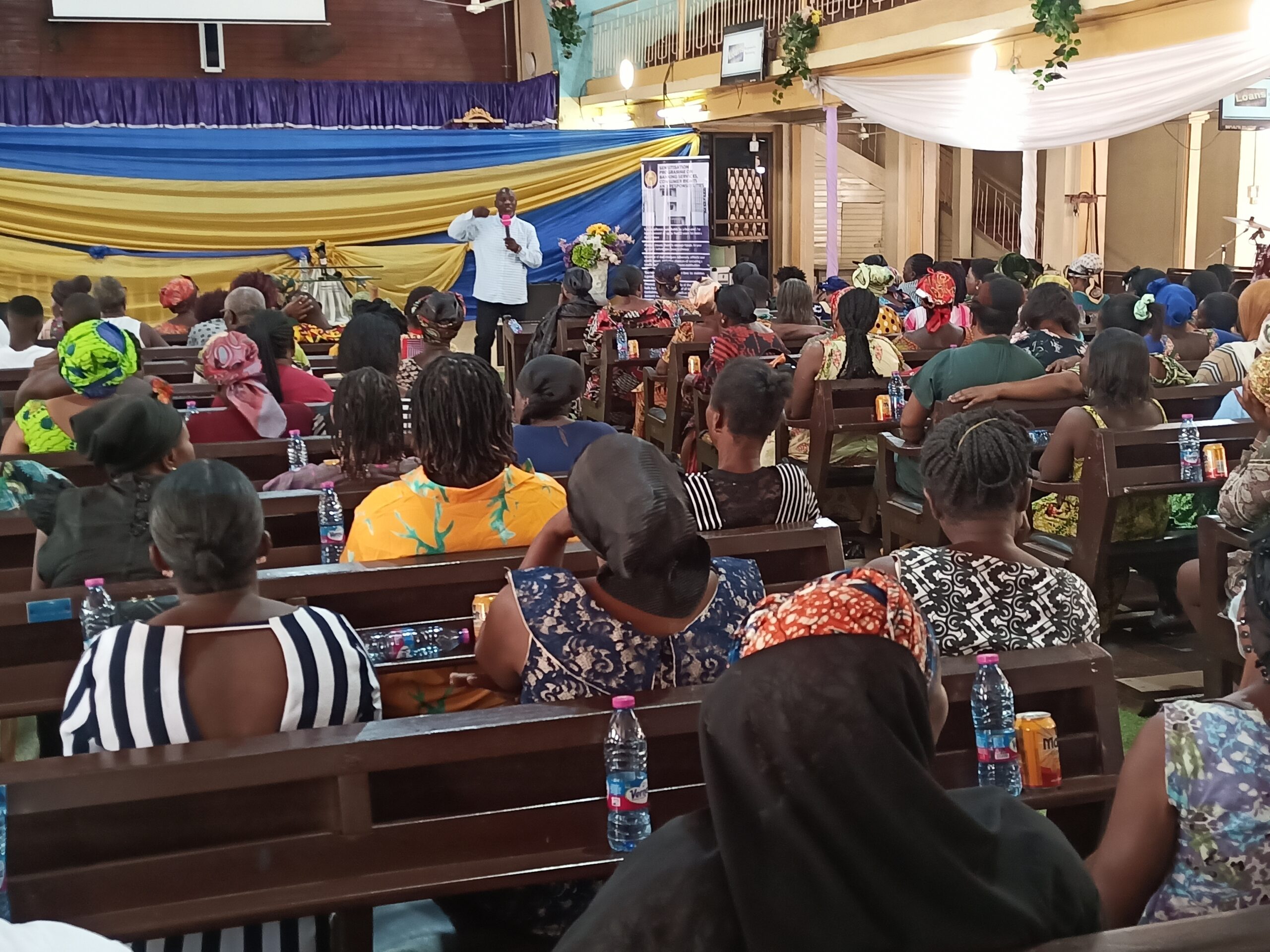
Ghana is finally entering an easing cycle of high interest rates. On July 30, 2025, the Bank of Ghana (BoG) cut the Monetary Policy Rate by 300 basis points to 25.0 per cent and signalled room for further easing if disinflation continues. This decision capped months of improving macro readings and marked a turning point from the aggressive tightening used to quell price pressures sometime back. The cut has already begun to cascade through the pricing of credit, setting the scene for a structural reset in lending and funding models across the financial sector and the banking sector in particular.
Transmission into lending conditions is visible in two areas. First, BoG’s summary data shows that the Average Lending Rate has fallen from 31.6 per cent at the start of 2025 to 27.0 per cent by June, its lowest in roughly two years, while the policy stance was still only gradually softening. Second, the Ghana Association of Banks (GAB) on August 6, 2025, also confirmed or announced a huge cut in the Ghana Reference Rate (GRR) from 23.69 per cent to 19.67 per cent. As we know, the GRR is the most important benchmark used by banks to re-price loans, implying cheaper credit facilities going forward.
Despite these positive developments, the credit system is still fragile and face challenges, especially in the area of non-performing loans (NPLs). The BoG’s Banking Sector Indicators put the headline Non-Performing Loans (NPL) ratio at 23.1 per cent in June 2025, up from around 20 per cent in late 2024, even as inflation has trended downward and growth normalised. This reflects the lagged scarring from the macro adjustment, the Domestic Debt Exchange, as well as cash-flow stress among SMEs that faced very high borrowing costs. Lower rates should reduce new NPLs, simply because of debt service burdens ease. However, existing NPL stocks still require better discipline and workout tools to normalise. This is precisely where Islamic banking can add real and system-level value.
Islamic Banking in focus
The core of Islamic finance is the replacement of interest-based lending with asset-based or risk-sharing contracts such as mur?ba?ah (cost-plus sale), ij?rah (lease), mush?rakah (joint venture) and mu??rabah (profit-loss sharing). Because financing is either tied to real assets or structured as shared enterprise risk, funds are harder to divert and the financier’s returns are explicitly linked to the success of the underlying activity. Global policy work by the IMF and the Islamic Financial Services Board (IFSB) has repeatedly highlighted how these structural features combined with strong Shariah governance can support financial stability, improve inclusion, and diversify funding channels when implemented under robust regulation.
Opportunity for bank brands in Ghana
The Ghanaian opportunity is timely for two reasons. First, demand exists. At least, nearly one in five Ghanaians identifies as Muslim, and surveys consistently show broader interest in ethical, transparent finance among non-Muslim customers as well. A credible Islamic financing window or full-fledged Islamic banking will open sizeable new deposit and lending franchise, particularly among retail customers, traders, and SMEs that prefer asset-linked financing over conventional cash loans.
Second, the regulatory groundwork is advancing. Public statements from the BoG in 2025 indicate that, once the necessary supervisory and legal structures are in place, the Bank will consider licensing institutions to operate as Islamic banks or to offer Shariah-compliant financing windows. That stance has been reinforced in local policy discussions throughout the year.
This means that early movers (bank brands) that invest now in capabilities, governance, and product designs are likely to enjoy both first-mover brand effects and increase market shares when the framework for Islamic Banking is completed and implemented. Part 2 of this article will focus on Islamic Banking and Non-Performing Loans (NPLs).
The writer is a Brand Advocate and Head of Marketing & Communications, Agricultural Development Bank PLC.
BY MOHAMMED ALI
The post Falling interest rates, an opportunity for early adopters to be market leaders in Islamic Banking (Part I) appeared first on Ghanaian Times.
Read Full Story

















Facebook
Twitter
Pinterest
Instagram
Google+
YouTube
LinkedIn
RSS